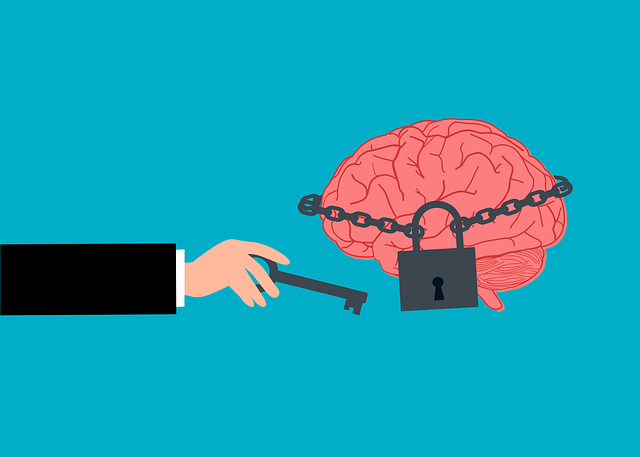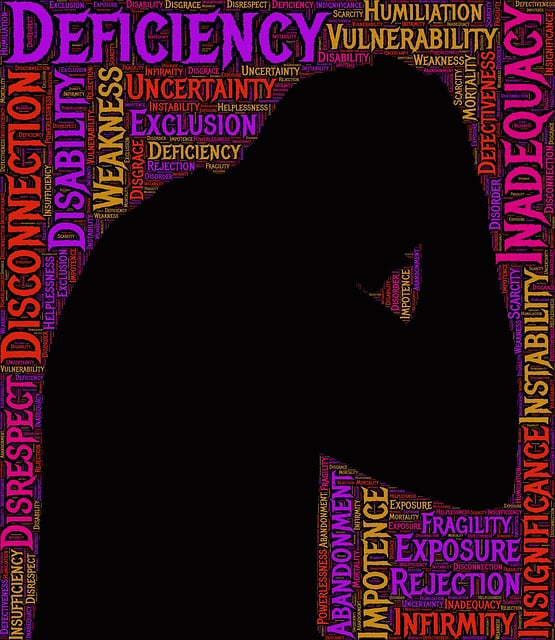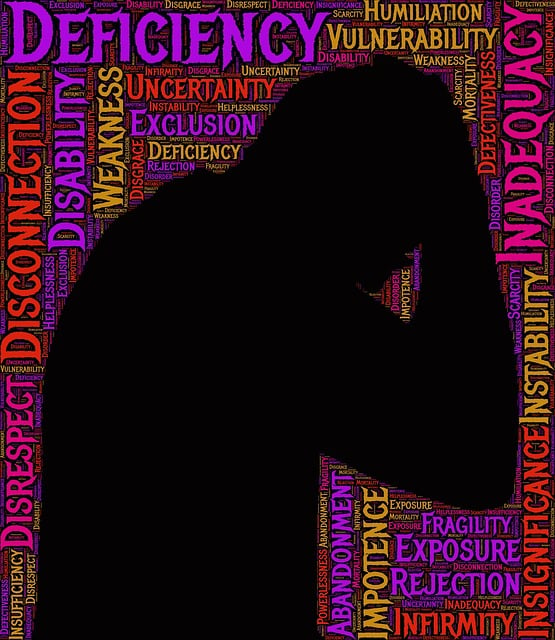Parker Eating Disorders Therapy focuses on emotion regulation as a core element of its holistic treatment approach. Their techniques, including mindfulness and compassion cultivation, help individuals manage negative thought patterns, reduce anxiety, and improve emotional awareness. This method combines evidence-based practices with compassionate guidance to empower clients in overcoming eating disorders and fostering long-term mental well-being. By integrating emotion regulation skills into daily life, Parker Eating Disorders Therapy supports sustained recovery and enhances the quality of life for those struggling with eating disorders and related mental health challenges.
Emotion regulation is a cornerstone of effective eating disorders therapy, empowering individuals to manage intense emotions that can drive disordered eating behaviors. The Parker Approach offers a comprehensive framework, combining evidence-based techniques with practical tools to foster healthy emotional expression. This article explores the significance of emotion regulation in treating eating disorders, delves into the Parker Approach’s structured curriculum, and provides actionable strategies for integrating these skills into daily life, promoting long-term recovery in Parker Eating Disorders Therapy.
- Understanding Emotion Regulation and its Significance in Eating Disorders Therapy
- The Parker Approach: A Comprehensive Framework for Teaching Emotion Regulation Skills
- Practical Techniques: Tools to Help Individuals Manage and Express Emotions Effectively
- Integrating Emotion Regulation into Everyday Life: Long-term Success Strategies for Recovery
Understanding Emotion Regulation and its Significance in Eating Disorders Therapy

Emotion regulation is a crucial aspect of eating disorders therapy, as it helps individuals understand and manage their emotional responses, which play a significant role in developing and maintaining eating disorder behaviors. At Parker Eating Disorders Therapy, we recognize that many eating disorders are rooted in an individual’s inability to cope with emotions like distress, anxiety, or depression. By teaching effective emotion regulation techniques, our therapists aim to empower clients to develop inner strength and resilience.
This process involves helping them identify and challenge negative thought patterns, learn healthy coping strategies, and build mental flexibility. As part of our holistic approach, we offer stress management workshops that teach mindfulness, relaxation techniques, and emotional awareness—all essential tools for managing symptoms and reducing the impact of mental illness stigma. Through these efforts, individuals can gain a deeper understanding of their emotions, fostering personal growth and a greater sense of control over their lives.
The Parker Approach: A Comprehensive Framework for Teaching Emotion Regulation Skills

The Parker Approach offers a comprehensive framework for teaching emotion regulation skills, focusing on both the cognitive and behavioral aspects of mental health treatment. This approach, developed by experts in eating disorders therapy, emphasizes understanding and managing emotions as key components in overcoming various mental illnesses. By combining evidence-based techniques with compassionate guidance, the Parker method helps individuals cultivate inner strength and develop effective mood management strategies.
One of the unique aspects of this framework is its holistic perspective, addressing not just the symptoms but also the underlying causes of emotional dysregulation. Through structured sessions, clients learn to identify and challenge negative thought patterns, replace them with healthier alternatives, and employ coping mechanisms tailored to their needs. These mental illness stigma reduction efforts foster a safe space where individuals can explore their emotions without judgment, ultimately leading to better self-awareness and enhanced resilience.
Practical Techniques: Tools to Help Individuals Manage and Express Emotions Effectively

Emotion regulation techniques play a pivotal role in helping individuals manage and express their emotions effectively. Among the practical tools available, mindfulness practices have gained significant traction. By focusing on the present moment, individuals can gain a deeper understanding of their emotions and learn to accept them without judgment. This, in turn, fosters resilience building and enhances coping skills development, which are crucial aspects of Parker Eating Disorders Therapy.
Additionally, compassion cultivation practices have proven effective in promoting emotional well-being. Encouraging self-compassion allows individuals to approach their emotions with kindness and understanding, reducing the tendency to engage in harmful behaviors. These techniques, often integrated into therapeutic settings, not only help in managing current emotional challenges but also equip individuals with lasting coping skills, thereby improving their overall mental health and quality of life.
Integrating Emotion Regulation into Everyday Life: Long-term Success Strategies for Recovery

Integrating emotion regulation techniques into everyday life is a key strategy for long-term recovery from eating disorders and other mental health challenges. At Parker Eating Disorders Therapy, we emphasize the importance of teaching individuals effective coping mechanisms that can be seamlessly incorporated into their daily routines. This holistic approach ensures that clients are equipped with the tools needed to navigate emotional triggers and stressors in a healthy manner, promoting sustained healing and improved quality of life.
By mastering emotion regulation skills, individuals gain greater insight into their emotional responses and learn to manage intense feelings without resorting to disordered behaviors. Techniques such as mindfulness practices, cognitive restructuring, and progressive muscle relaxation not only provide immediate anxiety relief but also foster emotional healing processes over time. Additionally, integrating stress reduction methods allows for better management of environmental stressors that may have contributed to the development of eating disorders or exacerbated symptoms. Through consistent practice, these strategies become automatic, enabling individuals to effectively respond to challenging situations and maintain a sense of balance in their lives.
Emotion regulation techniques, as explored through the lens of the Parker Approach, offer a transformative pathway in treating eating disorders. By equipping individuals with comprehensive frameworks and practical tools, therapists can facilitate significant progress towards recovery. Integrating these skills into daily life ensures long-term success, enabling folks to navigate their emotional landscapes with greater ease. The Parker Eating Disorders Therapy method thus stands as a powerful tool, revolutionizing care for those facing these challenges.














